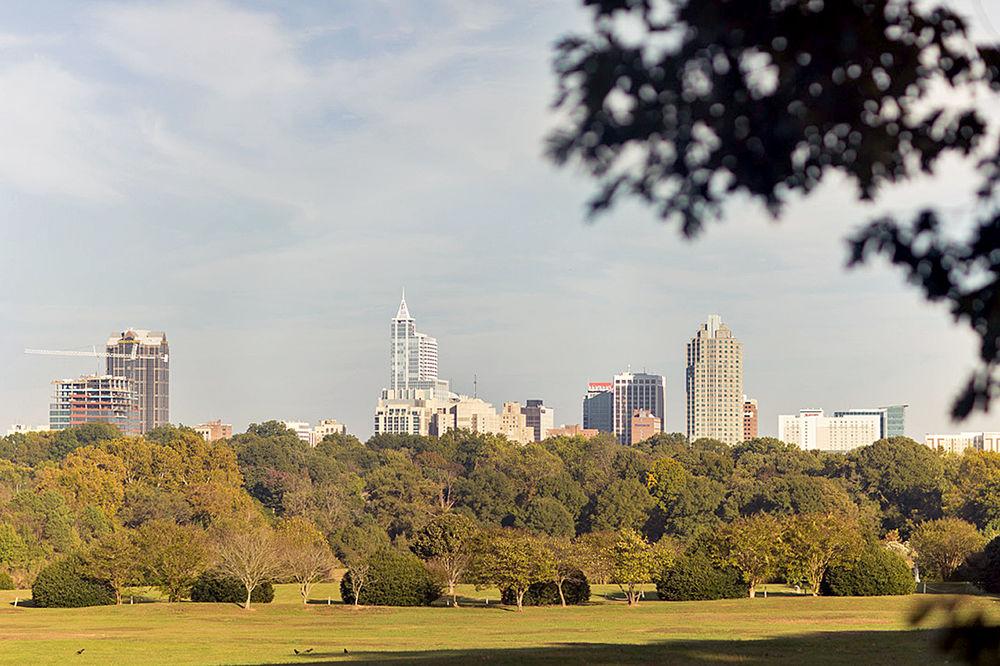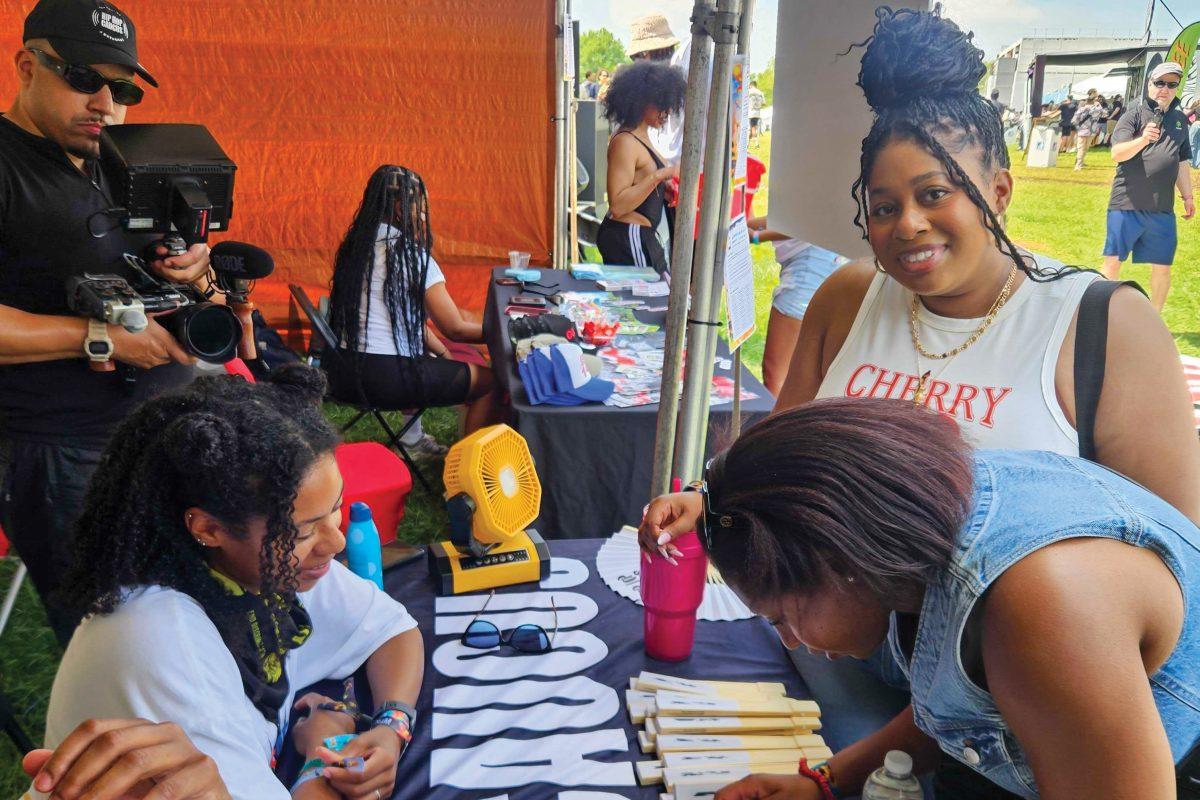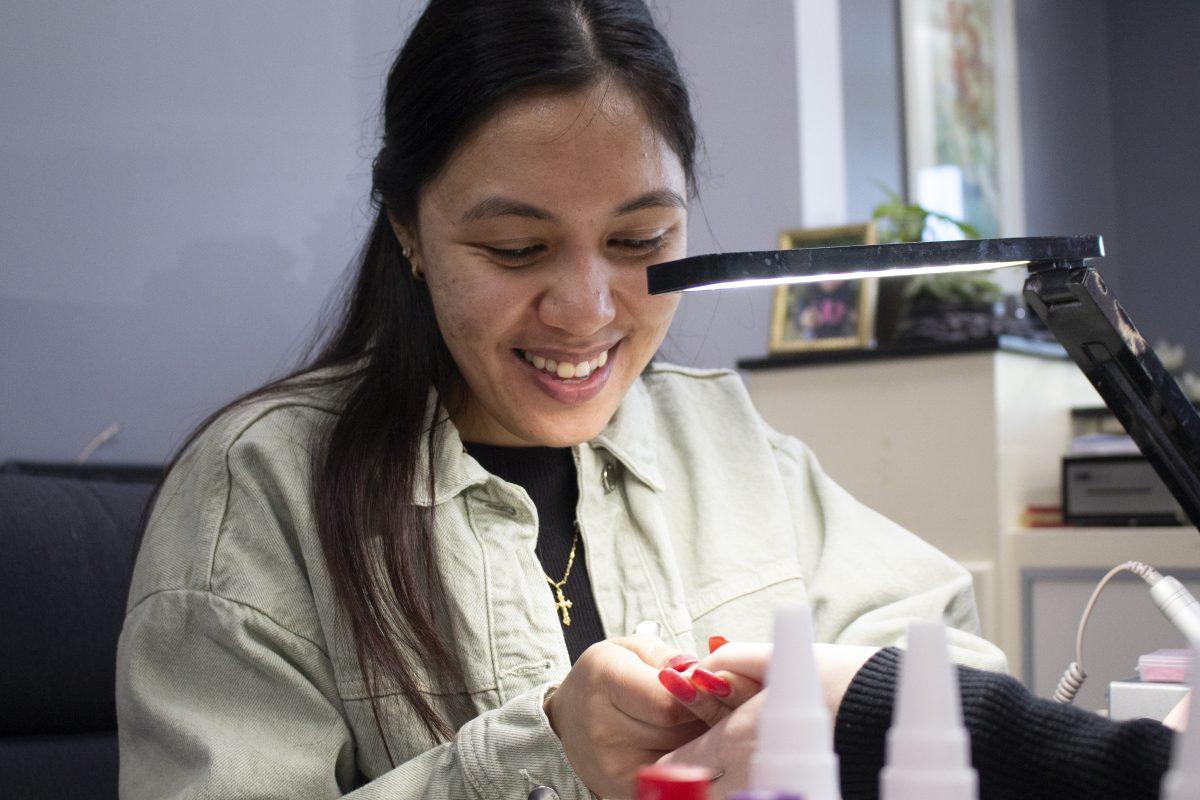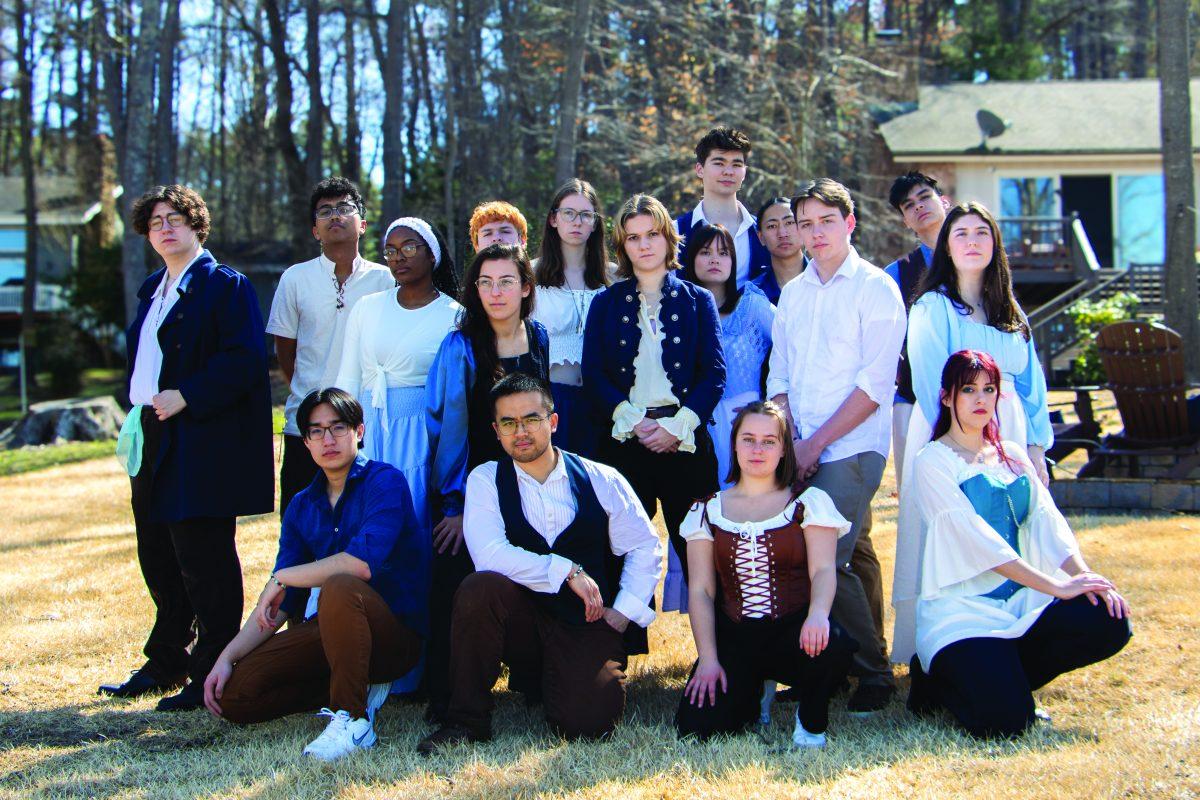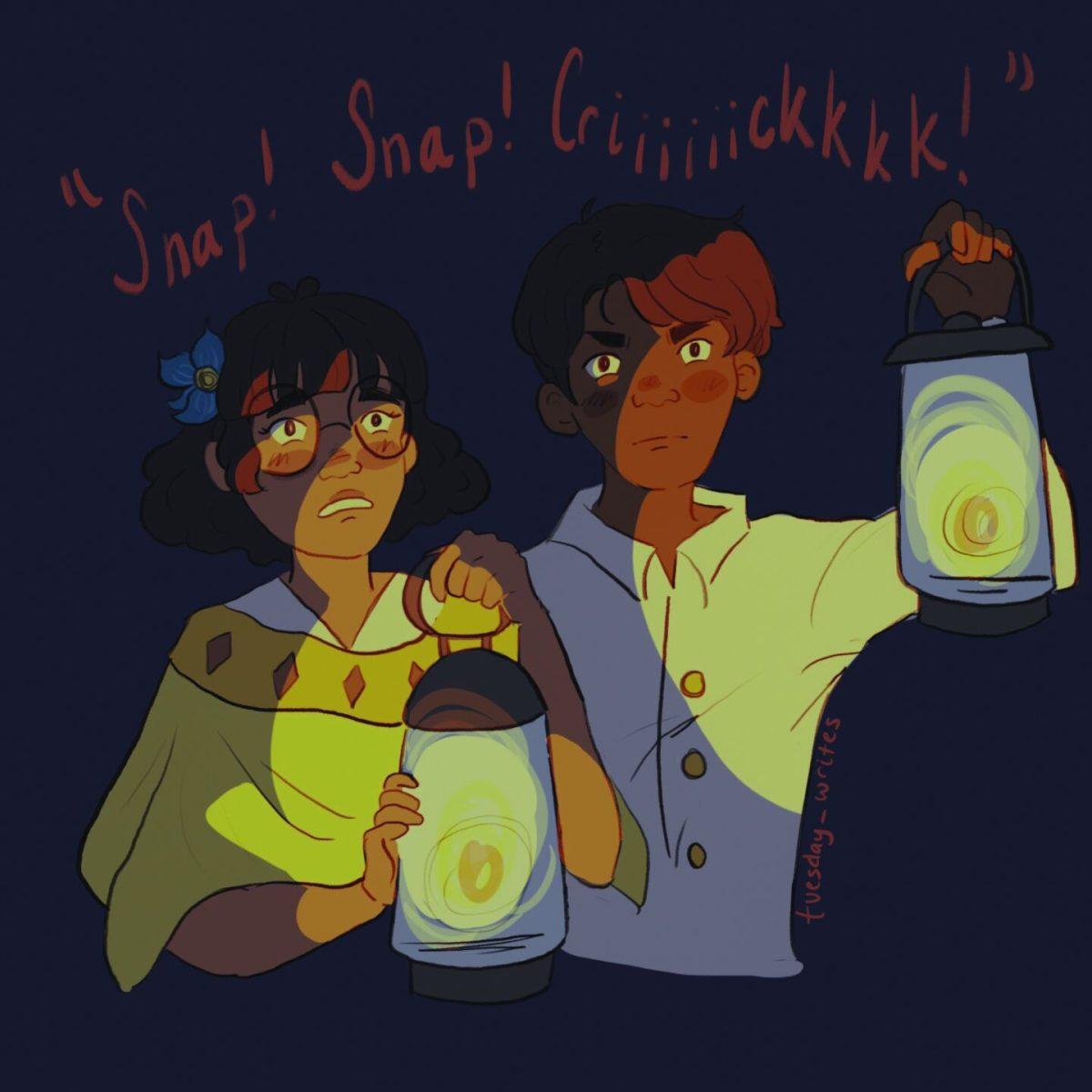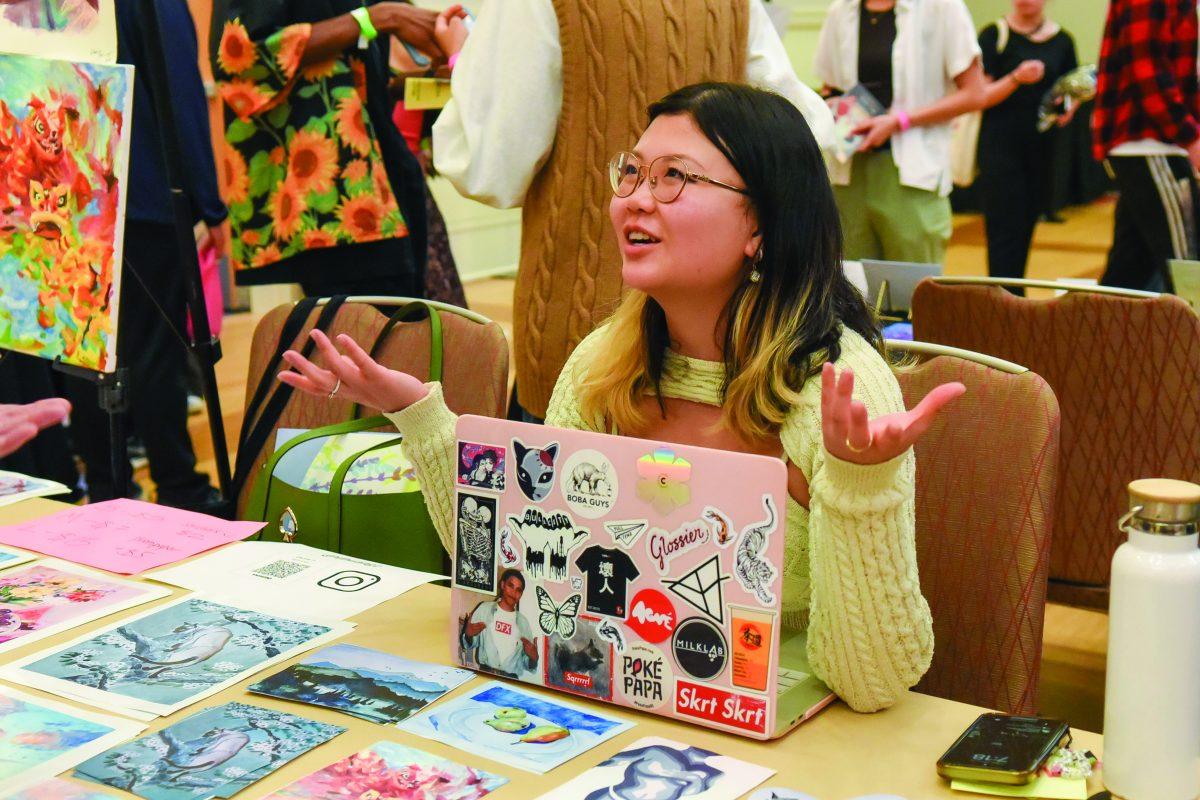Nestled in a corner of bustling downtown Raleigh, the Black Flea Market sets up every other Sunday from 1 p.m. to 5 p.m. at Raleigh Union Station, about one block down from Urban Outfitters. Typically, there are at least 10 to 15 different vendors selling a variety of products, from homemade jams to CBD. The vendors vary from week to week, so every Sunday has new things to offer. The same goes for the food trucks.
Its coordinator, Jasmine Bullock of Queen Hustle Entertainment, goes from tent to tent to talk with vendors and customers alike, and make sure everything was running smoothly. The Black Flea Market has local live music sometimes, but even without it this past Sunday, the music mix was perfect for a fun shopping adventure.
“The atmosphere between the vendors here is just so warm and friendly,” said Kathy Smith, owner of The Shea Shack. “That’s not the case everywhere and it really sets this place apart from other pop up markets. It provides an opportunity to network with other local businesses that all struggle with the same obstacles.”
Smith heard about this flea market from another local business owner and got involved when she found out how easy it was. The Black Flea Market allows Smith, who has special needs children, flexibility to set up some Sundays and skip others, whereas other events like the Raleigh Flea Market have strict vendor rules and penalties which don’t allow that flexibility.
“The Raleigh Flea Market has more foot traffic, but the atmosphere here is so relaxed and friendly,” said Jon Dowd-Smith of GoldHouse CBD. “We set up at multiple different markets and pop-up places, but the customers we get at the Black Flea Market are the ones we really try to connect with because they are more representative of what our actual customer base looks like outside of pop-ups.”
Even with the extra foot traffic, the Raleigh Flea Market can be hit or miss depending on where a vendor’s tent is. Established vendors that pay more for longterm spots get the best placement. Most new or small black-owned businesses don’t receive that kind of consideration, and their tent placement at these larger events is lackluster.
According to Smith, most of these vendors deal with shadow banning on social media and it’s hard for them to amplify their brand and be seen. The Black Flea Market provides these business owners with a platform to sell and be seen in a market trying to hide them.
“I started my business by selling my products here, and it’s the reason I was able to launch and succeed,” said Vanessa McLamb, a certified Yoni Steam Practitioner and owner of NaturalNess. “Had it not been for this market, I wouldn’t have been able to get the customer base and eyes on my business that I needed to actually launch.”
McLamb’s young daughter had set up her dollhouse and was playing behind the table, the family-friendliness, is another reason McLamb liked selling at the Black Flea Market.
This event also provides an additional opportunity for business owners that other markets lack: Being able to pay a flat fee and sell products out of a permanent store front, Black Friday Market. An affiliate of the Black Flea Market, Black Friday Market is different from other businesses of its kind: Vendors don’t have to pay a percentage of their proceeds to the storefront. This is especially important, because a lot of these businesses are newer, smaller and don’t have the capital to purchase their own storefront, let alone one located downtown.
Possibly the best part about the Black Flea Market for the average college student is the prices. I bought fresh-squeezed lemonade, mango body oil, essential oil lotion and lip balm all for $20. That beats any Ulta haul I’ve ever come home with. If you’re looking for a fun casual Sunday, grab a friend and go visit the Black Flea Market downtown!


